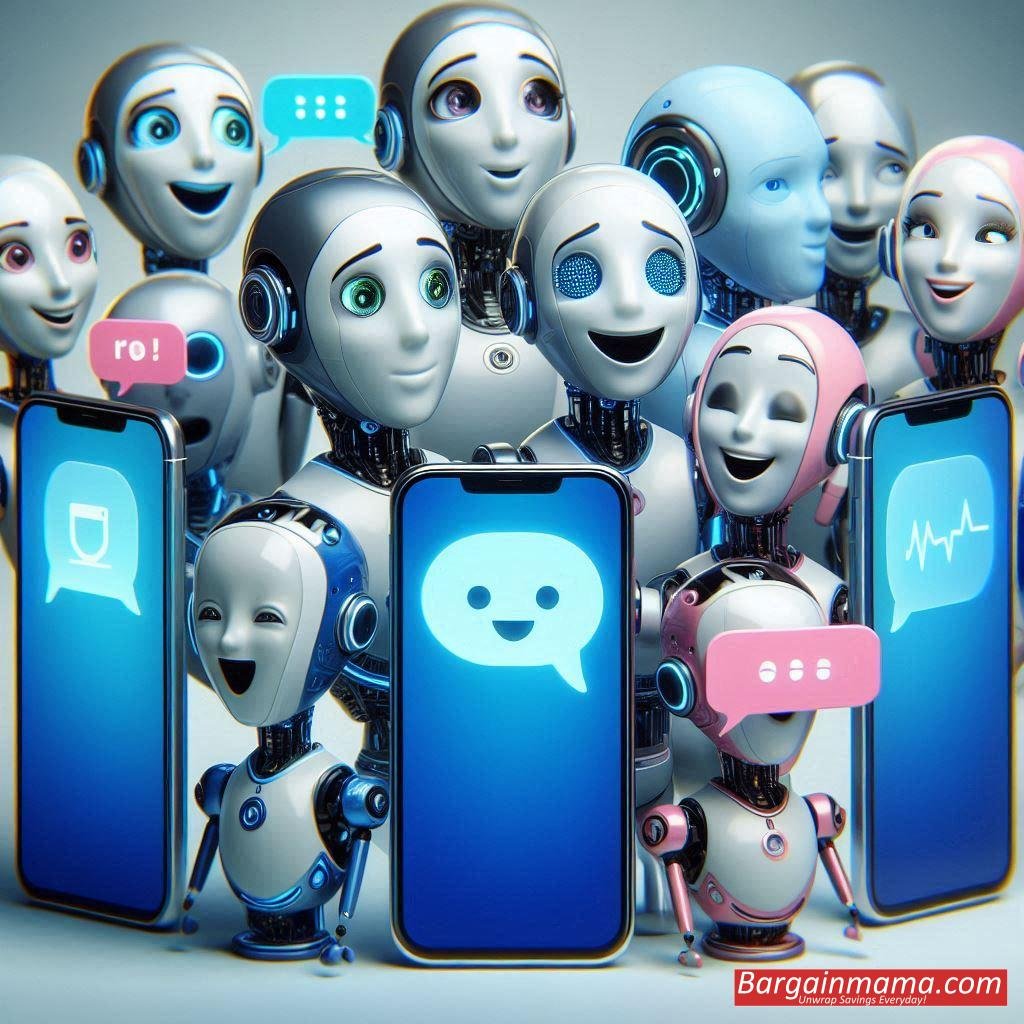Over the past few years, smartphone innovation has essentially come to a standstill. The days of customers queuing outside the Apple Store to purchase phones with features that caused waves of excitement with each new generation of phones are long gone. But artificial intelligence may be about to change that. Manufacturers of smartphones, at least, hope so.
Yes, a new stage in the spin on smartphone sales is likely to begin. Get ready for the biggest smartphone AI battle yet.

AI’s Ascent in Smartphones
To be fair, manufacturers of smartphones have been incorporating AI and machine learning into their products for years now. Applications range from enhanced camera quality to intelligent alerts. However, generative AI technologies offer an entirely new set of advancements, including features for live translation and transcription as well as new tools for altering photos and summarising material. And, naturally, more intelligent digital assistants.
AI elements were first introduced by Google (GOOG, GOOGL) with its Pixel 8 smartphone series last year. With the release of its Galaxy AI platform earlier this year, Samsung (005930.KS) did likewise. With Apple Intelligence scheduled to arrive later this autumn, Apple (AAPL) is now getting ready to get into the ring.
Not to be outdone, Google and Samsung are getting ready for big product announcements of their own in the upcoming weeks, which should feature even more AI news. The Galaxy Flip and Galaxy Fold, the company’s next foldable phone models, are anticipated to be unveiled during Samsung’s Galaxy Unpacked event on July 10 in Paris, France. On August 13, Google will have its Made by Google event in Mountain View, California, where it is expected to unveil the newest Pixel phones.
The idea underlying all of these actions is that artificial intelligence (AI) will enable fascinating new smartphone features that were previously unthinkable. It also implies that if your phone isn’t able to utilise those AI capabilities, you’ll have to shell out some more money to access such functions.

A Struggle for Your Cash and Attention
The battle for AI smartphones was initially sparked by Google and Samsung, but Apple’s swift rebuttal made generative AI appear like a far more approachable and user-friendly technology.
During its June WWDC event, the maker of the iPhone revealed its intentions for Apple Intelligence, providing developers and enthusiasts with a preview of how the software will function with its Siri assistant as well as throughout its Photos, Messages, and Mail apps. According to the business, you’ll be able to ask Siri to open certain images from the Photos app, for example. Thus, if you would want to view a photo from the trip you took to New York with your buddy Susan, you may ask Siri to display photos of Susan there, and it will do so.
Additionally, Apple claims to be incorporating ChatGPT from OpenAI into its devices, enabling consumers to interact with the chatbot. Assuring you are aware of when you are using ChatGPT and when you are using Siri, the business claims you will also need to grant ChatGPT access to search the web each time you use it.
A considerable portion of Apple’s time was also devoted to discussing how it plans to protect people’ privacy when they utilise Apple Intelligence’s online features. It claims that it won’t save any private information from user interactions with Apple Intelligence and won’t share any data with OpenAI.
Samsung’s Upcoming Action
Next up is Samsung, which will showcase brand-new generative AI possibilities for its phones during its Unpacked presentation, based on the company’s most recent advertising campaign. It will be intriguing to see what the business has to offer in comparison to Apple’s offerings, since it has mostly demonstrated so far that its Galaxy AI is capable of doing sophisticated photo-editing techniques and translation services. particularly considering that experts anticipate Samsung’s mobile division to report lower profits in its second-quarter reports.
Google’s AI Innovation Blueprint
Google, which gives Samsung access to part of its AI expertise, is in a comparable situation. With possibilities to alter photographs and movies, the startup released its generative AI-powered cellphones far ahead of Apple, but the software seemed more dispersed than the type of all-inclusive services Apple intends to offer.
The firm is now preparing for the release of its next Pixel phone, emphasising AI as a crucial component of the device’s functioning. Google primarily promotes its Pixel phone lineup as a model for how its partners in the Android phone space might develop by using its suite of software services. Demonstrating to clients that its generative AI features can rival Apple Intelligence is a part of that.

The Use of AI in Smartphones in the Future
Throughout the autumn and Christmas shopping seasons, you can anticipate all three firms to launch significant advertising campaigns for their generative AI platforms in an effort to convince consumers that their product is the superior option for what they see as the next big paradigm change in smartphones.
A decision that is ultimately up to you and me to make.



